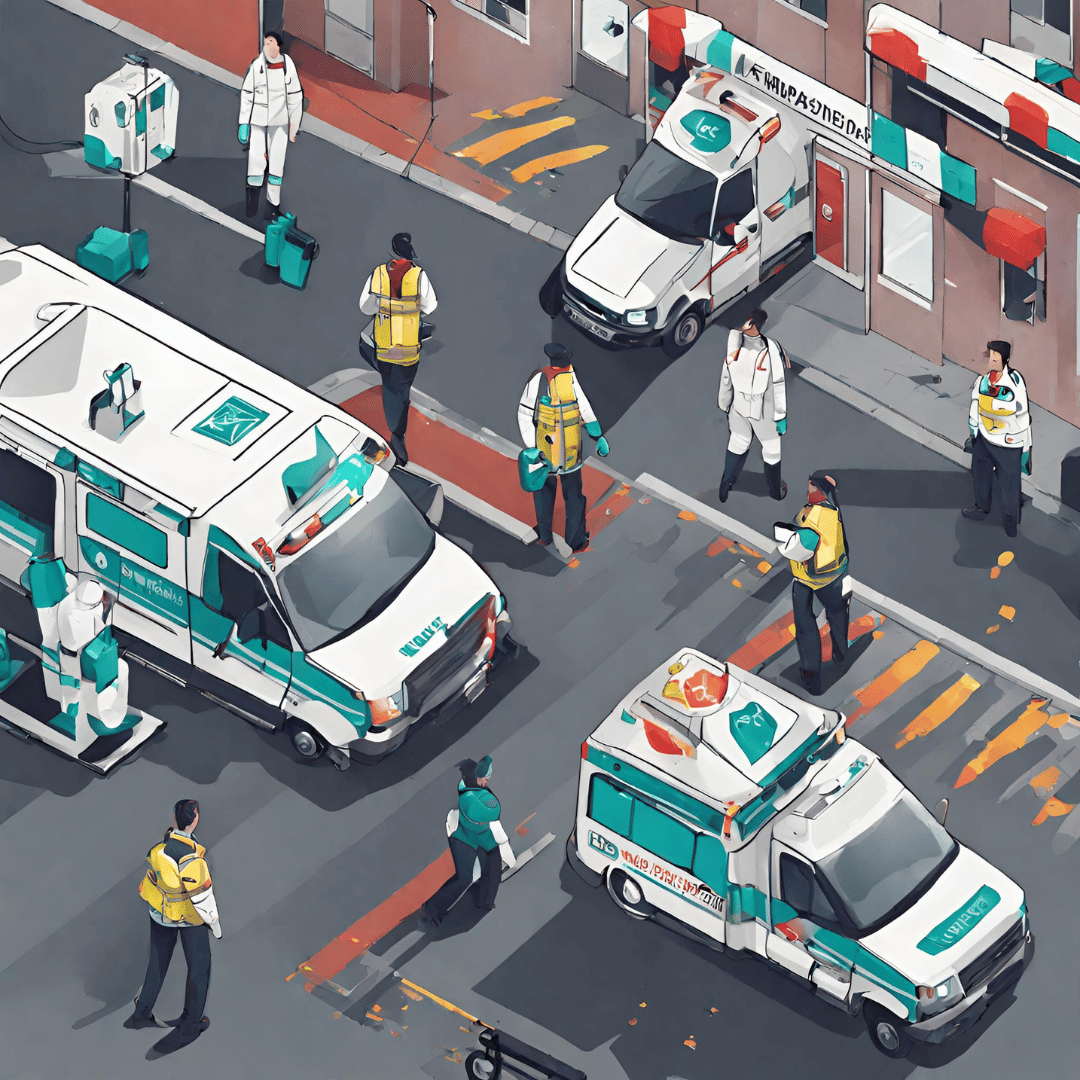
Transforming Emergency Medical Services: The Emerging Role of AI
In the fast-paced world of emergency medical services (EMS) and paramedicine, every second counts. The ability to provide swift and accurate care can make all the difference between life and death. In recent years, the emergence of Artificial Intelligence (AI) has begun to reshape these critical fields, offering new possibilities to enhance response times, diagnoses, and overall patient care. This blog delves into the evolving role of AI in EMS and paramedicine, highlighting its potential to revolutionize emergency healthcare.
-
AI-Enhanced Triage:
- AI-driven algorithms are making headway in the initial stages of emergency response. By analyzing incoming calls, AI can help dispatchers assess the urgency of a situation more accurately. Speech analysis, tone recognition, and keyword detection enable dispatchers to prioritize calls and allocate resources effectively. This not only improves response times but ensures that the most critical cases receive immediate attention.
-
Predictive Analytics:
- Predictive analytics, powered by AI, can be a game-changer for EMS. By crunching vast amounts of historical data, AI algorithms can predict potential emergencies based on various factors, such as weather conditions, geographic location, and past incidents. This proactive approach allows EMS teams to prepare for specific scenarios, reducing response times and improving overall preparedness.
-
Advanced Diagnosis and Decision Support:
- AI plays a pivotal role in assisting paramedics with on-site diagnosis. AI-powered tools can analyze vital signs, symptoms, and even medical images like X-rays and CT scans. This assistance not only leads to quicker and more accurate diagnoses but also provides real-time decision support for treatment options, medication dosages, and potential complications.
-
Telemedicine Integration:
- In cases requiring specialized expertise, AI facilitates telemedicine consultations. Paramedics can connect with medical specialists in real-time, sharing patient data and receiving guidance on complex cases. This integration expands the scope of care available in the field, ensuring that patients receive the most appropriate treatment, even in remote areas.
-
Continuous Monitoring and Follow-Up:
- Post-initial response, AI-enabled remote monitoring devices can track patients' vital signs and relay data to healthcare providers. If any concerning changes occur, AI can trigger alerts, enabling early intervention and preventing potential complications.
-
Ethical Considerations:
- While AI holds immense promise, it also raises ethical concerns. Privacy, data security, and potential bias in AI algorithms must be carefully addressed to ensure that technology benefits patients without compromising their rights and safety.
The emerging role of AI in emergency medical services and paramedicine is a testament to the potential for technology to revolutionize healthcare. From AI-driven triage to telemedicine consultations and continuous monitoring, these advancements hold the promise of saving lives and improving patient outcomes. As the field continues to evolve, collaboration among stakeholders, addressing ethical concerns, and harnessing AI's full potential will be crucial to transforming emergency healthcare for the better.
